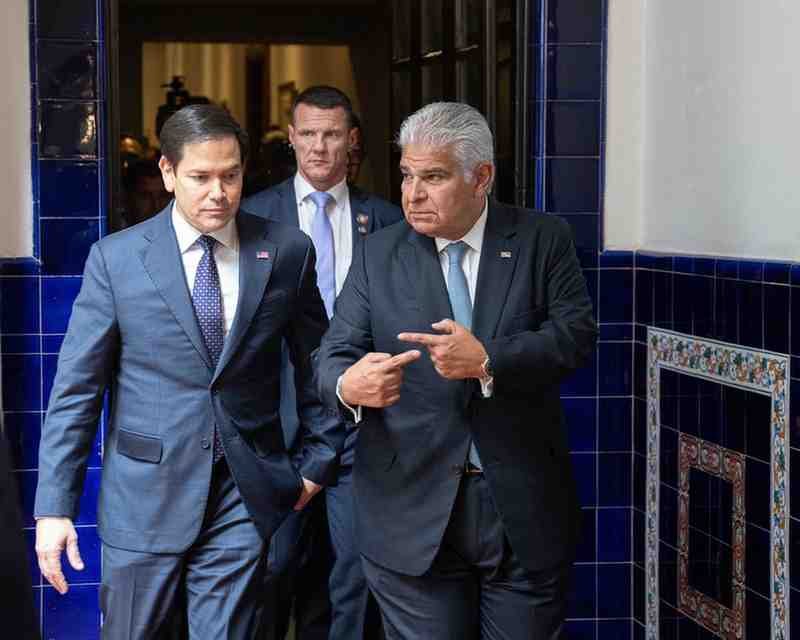In a significant geopolitical shift, President José Raúl Mulino announced that Panama will not renew its participation in China’s Belt and Road Initiative (BRI), making it the first Latin American nation to withdraw from the ambitious global infrastructure program. This decision follows a meeting with US Secretary of State Marco Rubio, highlighting the growing tensions surrounding China’s influence in the region.
Withdrawal from BRI: President Mulino confirmed that Panama will not renew its BRI agreement, which is set for renewal in the next one to two years. He indicated that his administration would consider terminating the agreement earlier if deemed necessary.
Historical Context: Panama joined the BRI in 2017 under former President Juan Carlos Varela, aiming to attract Chinese investments in infrastructure. The initiative has been a cornerstone of China’s strategy to expand its economic influence globally.
US Concerns: The decision comes amid increasing US apprehensions regarding China’s expanding presence, particularly near the strategically vital Panama Canal. Rubio emphasized that the US “cannot, and will not, allow the Chinese Communist Party to continue with its effective and growing control over the Panama Canal area.”
US Secretary of State Marco Rubio met with Panamanian President José Raúl Mulino and Foreign Minister Javier Martínez-Acha to address concerns over China’s growing influence in the Panama Canal area. Rubio emphasized that the US won’t allow the Chinese Communist Party to maintain its control, citing threats to national and economic security interests.
Strategic Infrastructure Investments: China has made significant investments in Panama, including the operation of two major ports near the canal by Hong Kong-based CK Hutchison Holdings. The company’s 25-year concession, renewed in 2021, has raised alarms among US lawmakers who argue that it jeopardizes the canal’s neutrality.
Security Risks Highlighted: Rubio warned of potential security threats posed by China’s presence, suggesting that the ports could be used to disrupt vital trade routes in the event of geopolitical tensions. “China could use the ports to shut down the canal, a vital route for U.S. shipping,” he stated during an interview.
Panama’s Sovereignty Stance: President Mulino firmly asserted Panama’s sovereignty over the canal, dismissing fears of military intervention by the US. He stated, “I do not feel that there is any real threat at this time against the (neutrality) treaty, its validity, and much less the use of military force to make the treaty.”
Historical Background of the Canal: The Panama Canal, constructed by the United States in the early 20th century, was handed over to Panama in 1999. Under the 1977 treaty, the US retains the right to intervene if the canal’s neutrality is threatened by internal conflict or foreign influence.
Geopolitical Realignment: Panama’s exit from the BRI reflects a broader trend of countries reassessing their relationships with China. In 2023, Italy became the first European nation to withdraw from the initiative, citing limited economic benefits, while Brazil opted against joining after considering the long-term implications of such a commitment.
Future Implications: The withdrawal signals a potential shift in regional alliances and may encourage other Latin American countries to reconsider their participation in the BRI. As the geopolitical landscape evolves, the implications for US-China relations and regional stability remain to be seen.
Panama’s decision to withdraw from the Belt and Road Initiative underscores the complexities of international relations in the context of rising Chinese influence and US strategic interests in Latin America. As the situation develops, the focus will likely remain on how this decision impacts Panama’s economic future and its relationships with both China and the United States.








